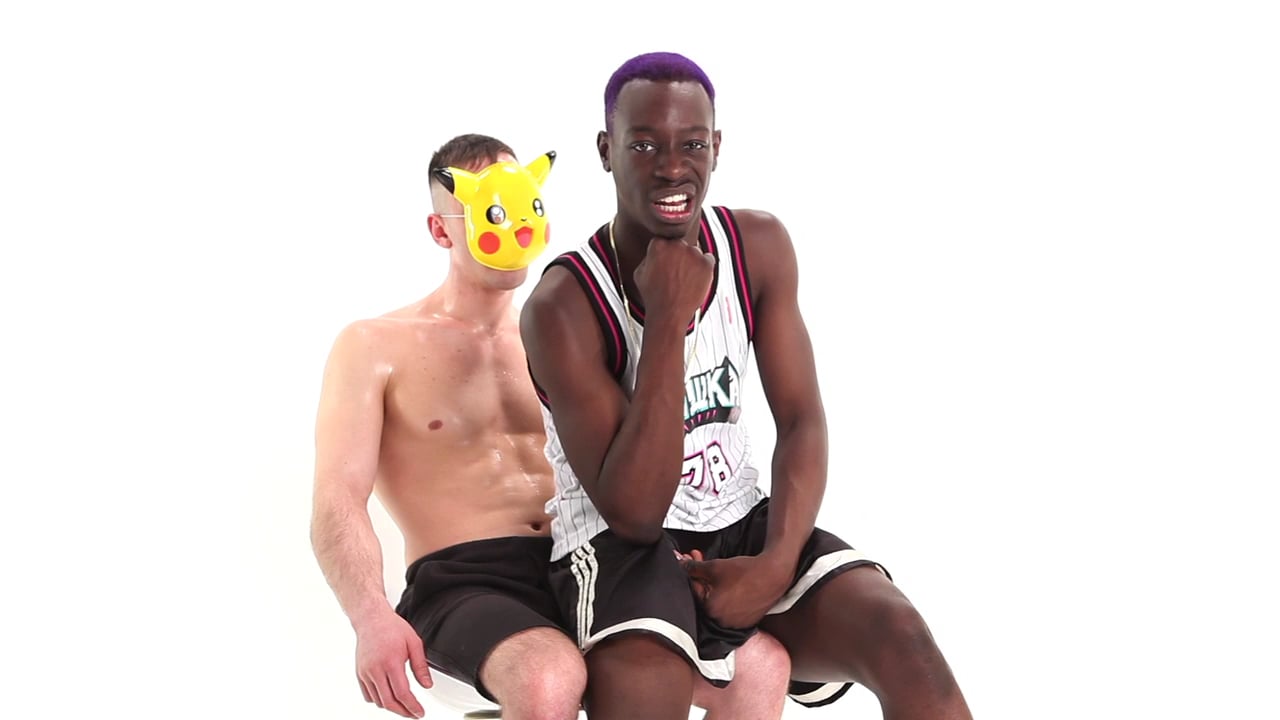As it is LGBT History Month this February, we have compiled a list of LGBTQ+ musical icons who continue to challenge the straight binary narrative of the music industry today.
Brandi Carlile
With the Annual 2019 Grammys coming up this weekend, LGBT artist, in
Sadie Fox
Rob Halford
Legendary Judas Priest vocalist Rob Halford was the first heavy metal singer to openly come out as gay when he confirmed his homosexuality in the late 90s, subsequently quipping “I’ve become the stately
Matthew Williams
LE1F
Best known for his ferociously fierce breakout hit ‘Wut’ in 2012, New
George Dunleavy
SOPHIE
Hailing from Scotland, the transgender DJ, producer and artist has been making waves in the electronic music scene since 2012 when she caught the music world’ attention with ‘Bipp’. Regarded as one of the founders of the PC music movement (in which glitchy sounds are layered over high-pitched electronic beats), her 2018 album ‘Oil of Every Pearl’s Un-Insides’ is tipped to win ‘Best Dance/Electronic Album’ at the Grammy’s in February. The album deals with gender, beauty and the self. Listen to the Madonna-inspired ‘Immaterial’ and wonder about existentialism, and don’t miss the latex-pop production ‘Ponyboy’, which rightfully deserves to be played in a Berghain dark room at
George Dunleavy
Tash Sultana
Tash Sultana, the non-binary multi-instrumentalist from Melbourne, first picked up a guitar at the age of three. Twenty years, almost as many mastered instruments, and an album later and it’s hard not to see how this energetic new live artist has started turning heads. From humble beginnings, Sultana began catching attention when a performance of their song ‘Jungle’ gained them 10,000 followers overnight. Since then they’ve sold out the O2 Academy in Brixton multiple times and are returning to the UK to play Alexandra Palace for the second time in June.
But Sultana hasn’t always been ready to take the world by storm; in a Ted Talk to the University of
That ‘passion’ Sultana mentioned in Melbourne is evident throughout her music. Sweeping guitar riffs give way to drum beats looped over trumpet solos as Sultana blends genres and instruments seamlessly. But where they really shine is in front of an audience. Sultana’s live sets see them bring their music to life, playing with the structures and instruments used in their songs to bring the crowd something unique each time. Many of the live performances they’ve recorded see them mixing saxophones and 12 stringed instruments into their songs, and when the pan pipes come out Sultana shows off by beatboxing whilst playing them.
Tash Sultana’s preference for live music over music recorded in a studio is well documented; but one can’t help but imagine that this talented and passionate artist is talking about themselves instead of their music when they said to Billboard “It needs to be born somewhere and that’s the stage.”
Matthew Jeffery
Header Image Credit: LE1F Screengrab from ‘Wut’

